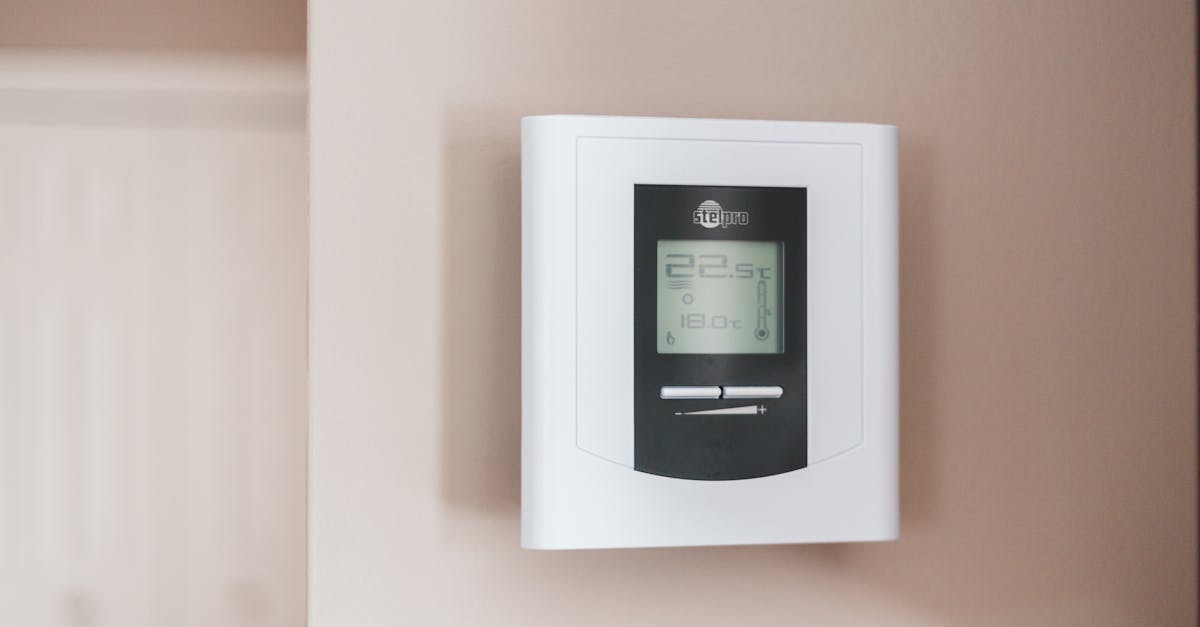
Introduction
With the advent of smart technology, our homes are more connected than ever before. Smart thermostats are one of the leading devices in this trend, offering convenience and control over home temperatures remotely. But like any innovation, it's crucial to weigh their advantages and disadvantages before making a decision.
Energy Efficiency
Smart thermostats have the potential to significantly reduce energy bills. With features like learning behaviors and automatic scheduling, they help optimize the heating and cooling of your home. This means less wasted energy and potentially lower monthly bills—a win-win for both your wallet and the environment.
Convenience and Control
Arguably, the greatest benefit of a smart thermostat is the convenience it offers. Using a smartphone app, you can adjust your home's temperature from anywhere. Imagine returning to a perfectly cooled home on a hot day. This remote access can be a game-changer for comfort and control.
User-Friendly Technology
Many smart thermostats come with intuitive interfaces and attach to smart home ecosystems like Alexa or Google Home. This technology ensures easy usability for anyone, from tech enthusiasts to first-time users. The learning capabilities of these devices mean they adapt to your routine, making it easier for them to operate.
Compatibility Issues
On the downside, compatibility can be a significant concern. Not all smart thermostats work with all HVAC systems, potentially leading to installation headaches. It's vital to check compatibility with your existing system before purchase to avoid costly mistakes and disappointments.
Initial Cost
Smart thermostats can have a higher upfront cost compared to traditional ones. While they may lead to savings in the long run, the initial investment can be steep for many homeowners. Evaluating whether the long-term benefits outweigh the initial expenses is crucial for potential buyers.
Privacy Concerns
With any smart device comes potential privacy issues. Smart thermostats collect data about your home environment and habits, which raises concerns about data privacy. Users need to be aware of and comfortable with how their data is used and stored by manufacturers.
Complexity for Some Users
While many tout the smart thermostat's ease of use, for technologically-challenged individuals, setup and operation may be daunting. Finding user-friendly models and understanding that a learning curve exists is critical for a seamless transition into smart home tech.
Service and Maintenance
Like all technology, smart thermostats may require periodic updates and maintenance. Some users may prefer the simplicity of a traditional thermostat that doesn't rely on software updates or internet connectivity. A lack of technical support is also something to consider when choosing between smart and traditional options.
Conclusion
In summary, smart thermostats offer numerous benefits, including energy efficiency and convenience. However, they also come with potential drawbacks, such as privacy concerns and initial costs. Understanding these pros and cons helps make an informed decision on whether to integrate this technology into your home.